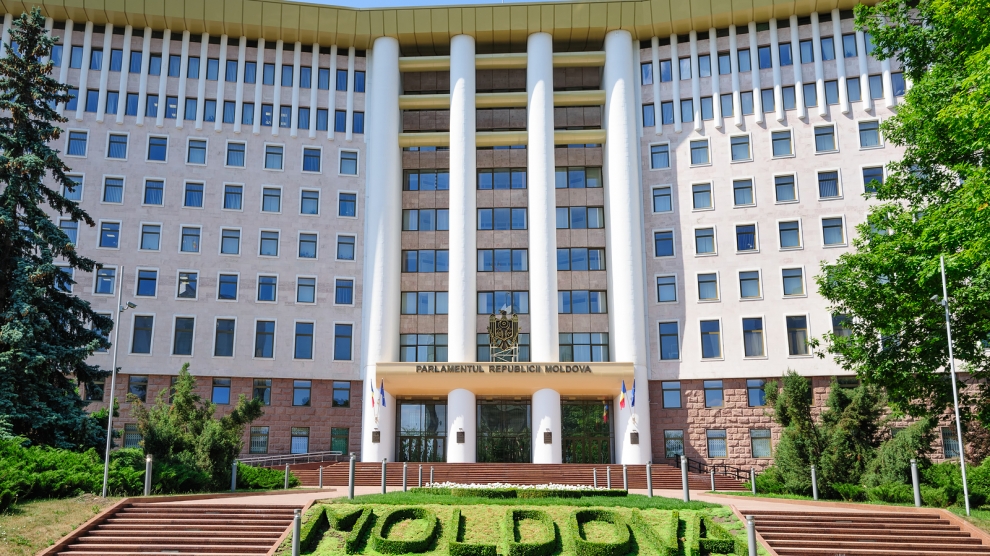The Moldovan business environment has positively welcomed a set of laws limiting state abuse of business. The initiative was led by the Democratic Party and will reduce the competences of some state structures, especially of the police, in order to ensure predictability and transparency of state control and create a more favourable environment for doing business.
“The real fight against corruption is this courageous reform, because if you want to get a result, you have to do more than just talk,” said Moldovan Prime Minister Pavel Filip said at an Entrepreneurs Gala organised by the Moldovan Business People Association (AOAM).
“If we unite our efforts and stay together, we will make the necessary reforms. We aim to develop Moldova’s economy, to make business people feel good, pay money to the budget and achieve an important goal – to make social investments,” the Prime Minister continued.
According to a press release, AOAM’s President Alexander Koss also praised the initiative, made public by the Ministry of Justice. “When I heard about this project, I was delighted. Control must not marginalise business,” he said.
But at the same time, some NGOs are criticising the laws, claiming that “the amendment of legislation will undermine trust in the government.”
While the project proposes some changes that will undoubtedly help to increase interest from foreign investors, some of the proposed amendments appear to have little to do with attracting foreign investment or improving the investment climate, the Moldovan Centre for Legal Resources commented.
In fact it recommended excluding from the list of offences to which the release of criminal liability or a more gentle punishment may be applied, offences related to the financial-banking environment, money laundering and competition.
“We would point out that the adoption of the draft law in its proposed version will further undermine the confidence of the population in governance, the legitimacy of the current composition and the de facto interests of the deputies and will reveal the fundamental deficiencies of the Moldovan state system of law,” a Moldovan Centre for Legal Resources statement claimed.






Who cares about the reforms when Moldova is under Plahotniuc’s rule? A criminal boss that controls almost everything in Moldova won’t abuse the business? You must be kidding me